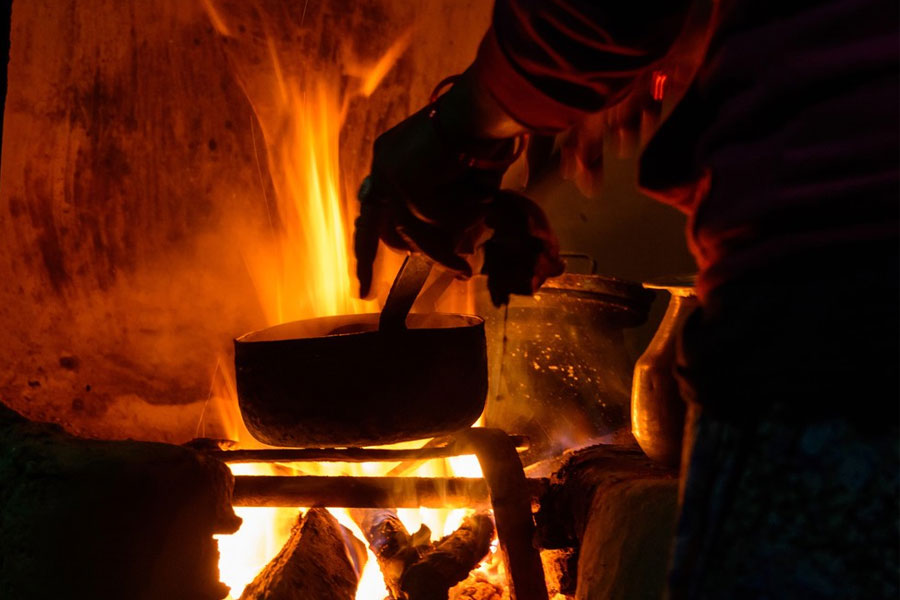Many factors such as high toughness, high thermal strength, low thermal conductivity, severe work hardening, and difficult heat dissipation of stainless steel materials cause high cutting temperature at the tip and prone to build-up edge, which aggravates the wear of the tool and affects the surface roughness.
In addition, because the chips are not easy to curl and break, it will also damage the processed surface and affect the quality of the workpiece. In order to improve machining efficiency and workpiece quality, a reasonable choice of tool?
Many factors such as high toughness, high thermal strength, low thermal conductivity, severe work hardening, and difficult heat dissipation of stainless steel materials cause high cutting temperature at the tip and prone to build-up edge, which aggravates the wear of the tool and affects the surface roughness. In addition, because the chips are not easy to curl and break, it will also damage the processed surface and affect the quality of the workpiece. In order to improve the machining efficiency and workpiece quality, it is important to choose the tool material, the turning geometry and the cutting amount properly.
The correct choice of tool material is the decisive factor for ensuring the efficient machining of stainless steel. According to the cutting characteristics of stainless steel, the tool material should have sufficient strength, toughness, high hardness and high wear resistance, and the adhesion to stainless steel should be small. Commonly used cutting tool materials are two types of hard alloy and high-speed steel. High-speed steel is mainly used for cutting tools with complex shapes.
Because the cutting speed of high speed steel when cutting stainless steel cannot be too high, it affects the improvement of production efficiency. For simpler turning tools, the tool material should be hard alloy tools with high strength and good thermal conductivity. Commonly used hard alloy materials are: tungsten cobalt (YG3, YG6, YG8, YG3X, YG6X) tungsten cobalt titanium (YT30, YT15, YT14, YT5), general purpose (YW1YW 2). YG-type hard alloys have good toughness and thermal conductivity, and are not easy to bond with chips. Therefore, they are suitable for rough machining of stainless steel. YW-type hard alloys have good hardness, wear resistance, heat resistance, and toughness. They are suitable for For finishing of stainless steel. When machining 1Cr18Ni9Ti austenitic stainless steel, it is not suitable to use YT cemented carbide. Because Ti in stainless steel and Ti in YT cemented carbide tools have affinity, the chips easily take away Ti in the alloy and promote tool wear. Intensify.
